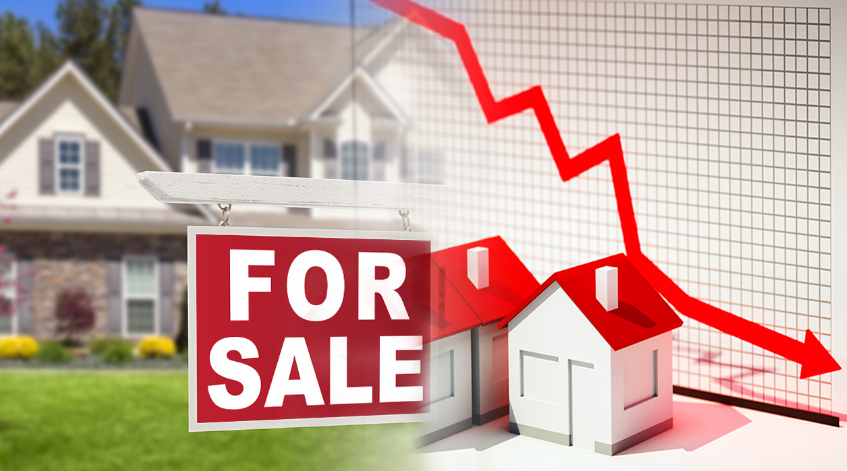Table of Contents
- Understanding the Market
- Designing for Demand
- Pricing Strategies
- Marketing Your Properties
- Building Trust with Buyers
- Leveraging Technology
- Managing Costs
- Post-Sale Customer Service
Understanding the Market
Before you can sell homes profitably, it’s crucial to understand the current housing market. Factors such as median home prices, buyer demographics, and economic trends can significantly impact your selling strategy. Collaborating with a professional builder sales brokerage can also offer invaluable insights into market conditions, helping you tailor your offerings accordingly. Understanding these elements can make a significant difference; builders who adapt to market trends are more likely to succeed. Knowing millennials favor urban living might prompt you to focus on building in bustling city areas.
Designing for Demand
Modern buyers focus more on energy-saving features like solar panels and eco-friendly construction materials. Open floor plans are also in high demand because they offer flexible spaces for growing families or remote work setups. Smart home technology like automated lighting and security systems can attract tech-savvy buyers. Conduct surveys or use social media polls to gather real-time data on what buyers want in a new home. Knowing that your design choices align with current demands can significantly increase your sales rate and ROI.
Pricing Strategies
Establishing the correct price is crucial to luring in customers while maintaining profitability. Utilize comparative market analyses to determine competitive pricing. Comparative market analysis consists of reviewing recent sales prices of comparable nearby homes. Keep an eye on the competition and adjust your pricing strategy. For instance, if you notice a competing builder lowering prices, consider offering a limited-time discount or additional features to make your homes more attractive. Being willing to change your prices can significantly impact staying competitive, so be ready to adapt.
Marketing Your Properties
Effective marketing can significantly improve your home sales. High-quality photos, virtual tours, and engaging property descriptions are essential. Purchasing professional photography and videography is a good investment, as buyers typically make their first impressions online. Remember to underestimate the power of a well-executed marketing strategy.
Building Trust with Buyers
Trust is a critical element in the home-buying process. Buyers want assurance that they are making a sound investment. Provide transparent information about the construction process, materials used, and warranties or guarantees. Offer detailed specs and videos showing the building process. Think about providing a home warranty to give buyers a sense of security. A solid warranty can be a significant selling point, showing that you stand behind your work and care about their satisfaction. Customer feedback and reviews can help establish trust by motivating satisfied customers to share their positive experiences online.
Leveraging Technology
In today’s digital age, leveraging technology can streamline the selling process and enhance buyer experience. Utilize CRM software to manage leads and communicate effectively with potential buyers. CRM software enables you to monitor customer interactions and deliver individualized follow-up communications. Virtual tours and 3D renderings can also offer potential buyers a realistic sense of your properties without needing to visit in person. These tech tools are especially beneficial in attracting out-of-state buyers or those who prefer to minimize in-person visits due to health concerns. Technology makes the sales process more efficient and more appealing to modern buyers.
Managing Costs
Keeping costs under control is critical to maintaining profitability. Opt for cost-effective materials that do not compromise quality. For instance, using engineered wood instead of traditional hardwood can reduce costs without affecting the home’s aesthetic appeal. Regularly review your supply chain and negotiate better terms with suppliers. Developing strong partnerships with suppliers may lead to improved pricing and preferential treatment, particularly in times of high demand. Consider bulk buying for materials that you use frequently. Effective cost management can significantly boost your bottom line, allowing you to offer competitive pricing while maintaining a healthy profit margin.
Post-Sale Customer Service
Providing excellent post-sale customer service can lead to positive reviews and referrals, which are invaluable. Follow up with buyers to address any concerns and ensure they are satisfied with their purchase. A simple call or email can go a long way in making your customers feel valued. Offer to fix any minor issues that might have been overlooked during the initial walkthrough. Happy buyers are more likely to refer friends and family, providing you with a steady stream of new business.

